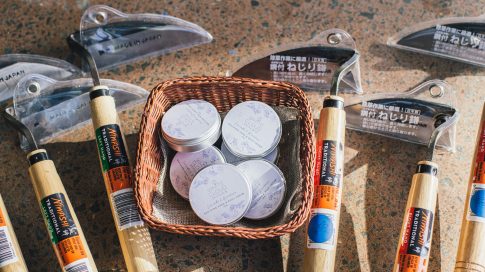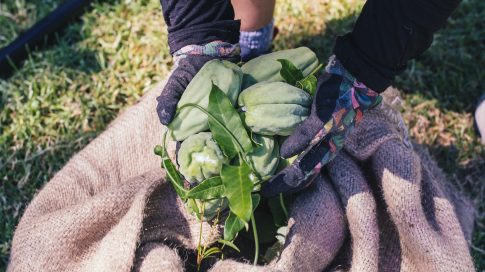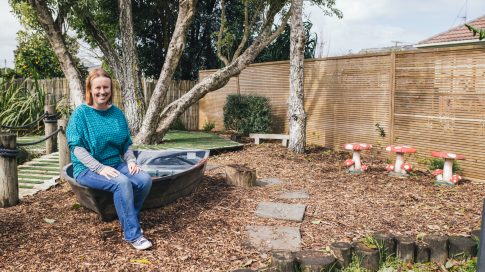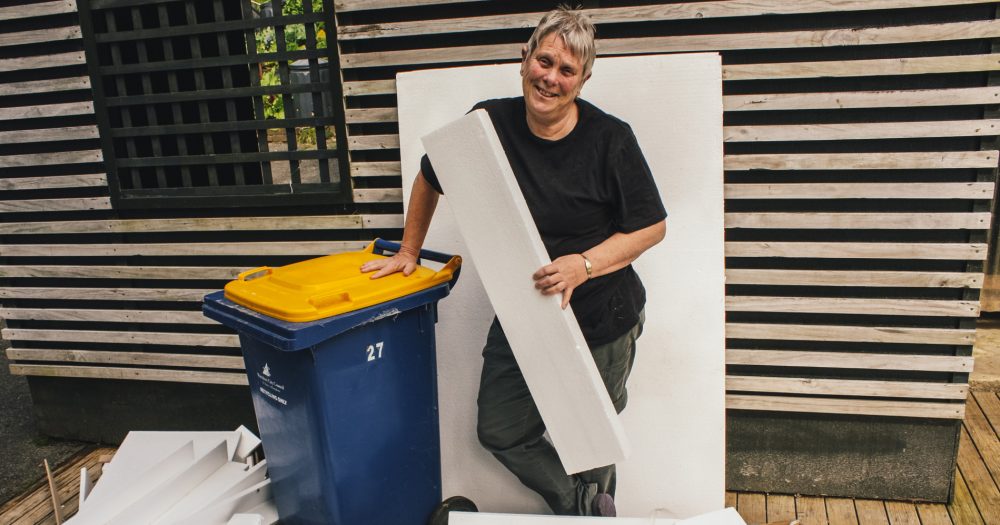
The Packaging Problem
Posted:
Faced with a ‘boot load of polystyrene’ after buying furniture, West Auckland resident Carole Adamson realised the woeful lack of alternatives available for getting rid of it.
She was reluctant to put it in landfill, both due to the amount to be disposed of and because it simply isn’t great for the environment. It can’t be put in a home recycling bin either.
No answer
First, she contacted the company she’d purchased it from to ask if they had a commercial contract for polystyrene recycling. But despite three attempts to get an answer, she’s yet to hear anything back.
Further investigation revealed she could pay for it to be recycled by a facility in Penrose, which usually deals with commercial quantities, but she’d have to drive it there herself.
“At this point, I started to think I’d drop it off at one of the company’s retail outlets,” says Carole.
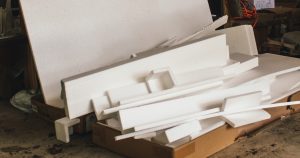
Then she contacted EcoMatters to see if we had any other ideas. Beyond what she’d already explored, the only other option we could offer was the prospect of a 90km round trip to Devonport Community Recycling Centre, which accepts polystyrene for recycling.
“I really want to see this through now. It’s up to everyone, businesses and individuals, to scrutinise their own practices and think about what products they are using and how they are being disposed of,” says Carole.
People power
Sarah Jane Murray, EcoMatters’ Waste Initiatives team leader, says it’s good to hear that Carole is following up with the company about her concerns with the packaging and disposal issues.
“One of the main reasons manufacturers change packaging is because of customer demands. It’s the main reason we finally got the plastic bag ban introduced,” says Sarah Jane.
“We all have to keep promoting the issue as much as we can, and encourage everyone we know to do so too, by lobbying both businesses and the Government.”
Product stewardship on the horizon
EcoMatters has long advocated for product stewardship in Aotearoa. This means producers and consumers bear the cost of managing waste for packaging, and products at the end of their life, rather than communities and the environment.
Right now, the Ministry for the Environment is calling for submissions to set up a regulated stewardship scheme for six priority products, including tyres, packaging, electronic products and more.
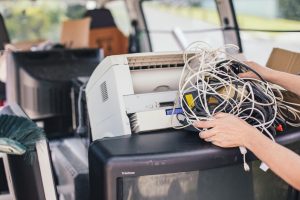
While this particular consultation doesn’t specifically include polystyrene as a priority product (packaging is limited to beverage containers and single-use plastic packaging), Carole’s conundrum is symptomatic of a wider issue.
Submissions close at 5pm on Friday 4 October 2019. It’s clearly an area many others feel passionate about too, as there’s a host of information and resources available to help you through the submission process.
Check out this video from Grey Lynn 2030 which explains more.
The Zero Waste Network has also put together a simple guide to making a submission, and an ‘extra for experts’ guide for more in-depth submissions.
For more advice on how to dispose of various items, please check Auckland Council’s guide here.

